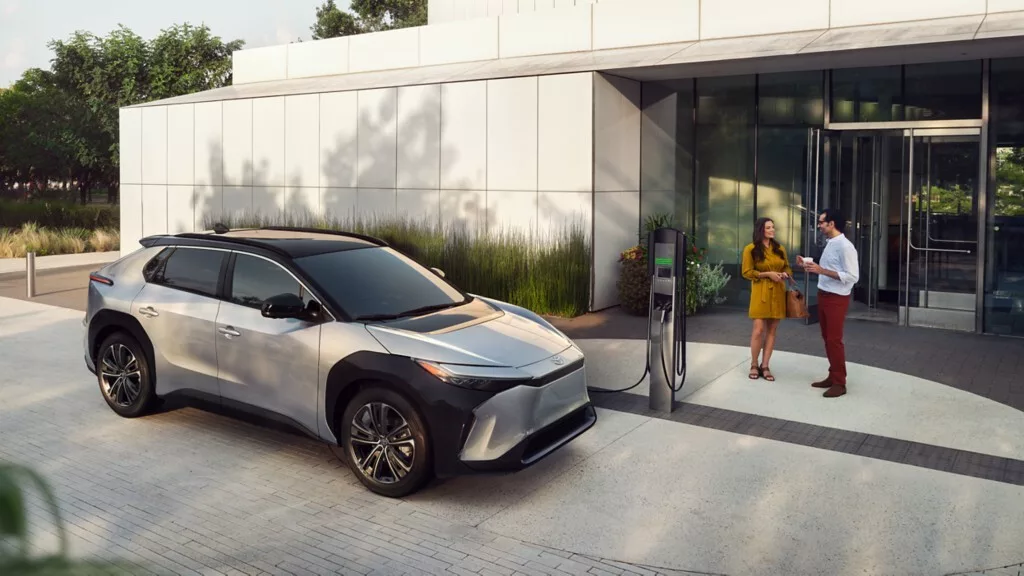Kohler, a widely-recognized private company in the U.S., is taking significant strides into the future of energy by venturing into zero-emission fuel cells for onsite electricity generation. This move is marked by the establishment of a new independent firm under the Kohler umbrella, designed to spearhead this high-tech initiative. Their pioneering project involves supplying a hospital with a cutting-edge fuel cell system, created through an exciting collaboration with Toyota Motor North America.
Moving Beyond Diesel: The Rise of Stationary Fuel Cells
Despite the U.S. market’s lukewarm reception towards fuel cell electric vehicles, stationary fuel cells have started to capture attention by offering a sustainable alternative to traditional diesel generators for backup power. This shift is challenging the status quo of energy users, who often grapple with the idea of abandoning familiar diesel technology despite its environmental consequences. One illustrative instance occurred in Maryland, where a proposal for a massive diesel generator expansion was turned down, indicating a growing resistance against such environmentally damaging solutions.
As data centers and other critical facilities seek redundant backup power systems, the solution may well lie in the synergy between battery arrays and fuel cells. Steve Carlini from the Forbes Technology Council has delved into this discussion, shedding light on how this hybrid approach could shape the future of sustainable energy solutions.
Revolutionizing Hospital Power with Fuel Cells
Recognizing the vital need for reliable on-site power in hospitals, Kohler Energy’s Power Systems has joined forces with Toyota to disrupt the healthcare sector’s energy management. Their first significant undertaking is the implementation of a new fuel cell power system at the Klickitat Valley Health hospital in Washington. Discussions with insiders Richard John Ferguson from Toyota and Benjamin Crawford from Power Systems highlighted the project’s broad implications for flexibility, sustainability, and performance in mission-critical settings. Fuel cells offer longer run times and the added benefit of green hydrogen usage, which presents a promising clean energy solution for hospitals aiming to reduce their carbon footprint.
From On-the-Road to On-the-Spot: Fuel Cells’ Versatile Applications
Leveraging Toyota’s three decades of expertise in fuel cell technology and partnering with the U.S. Department of Energy‘s National Renewable Energy Laboratory (NREL), the project has yielded a fuel cell system of greater capacity and versatility than previously achieved. Not only is this system applicable for large-scale use, but it also shows potential for smaller-scale operations such as events and resorts. The design’s scalability ensures a wide range of consumers can meet their specific power needs more sustainably.
Building Trust in New Energy Technologies
Kohler’s partnership with Toyota marks a significant endeavor to encourage the adoption of innovative backup power solutions across various industries. The recognizable brand reputations of both companies are instrumental in establishing credibility and trust in this new market offering. As Kohler continues to develop its sustainable energy initiatives, the broader Kohler Energy group demonstrates how long-established engineering firms can maintain involvement in conventional power systems while also fostering new, eco-friendly technologies. With these developments, Kohler not only commits to its sustainability goals but also paves the way for a cleaner, more resilient energy future.
